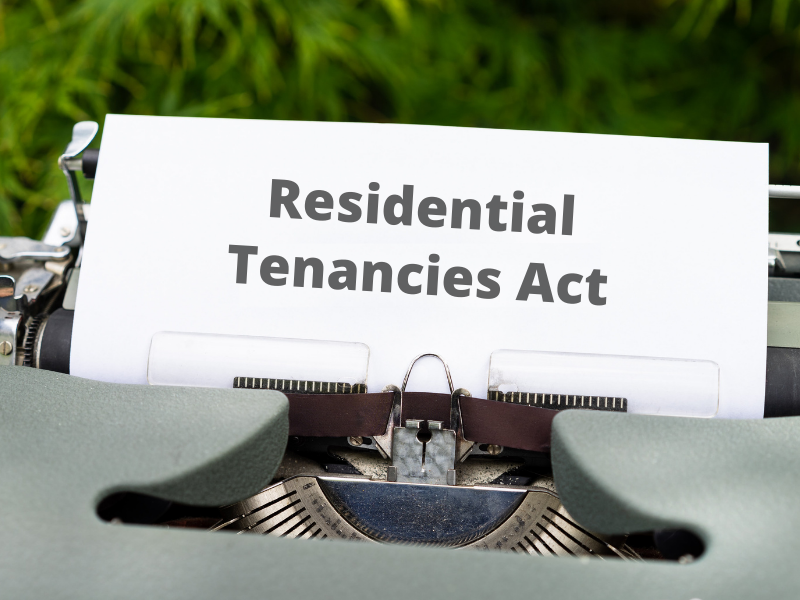In August 2020, the Residential Tenancies Act (RTA) reforms became law with the passing of the Residential Tenancies Amendment Bill 2020. These reforms aim to modernise New Zealand’s rental laws and align them with the present-day realities of renting.
There are many significant changes to the Residential Tenancies Act due to these reforms, and some – like the limitation on rent increases to once every 12 months – have already taken effect, but more changes will come in to force from 11 February 2021.
Each month we will update you on some specific changes, starting with the three outlined below.
New Tenancies
A tenancy agreement is a contract between a tenant and a landlord, and it generally sets out everything the two parties have agreed to about the tenancy.
Tenancy agreements must be in writing, and the landlord needs to provide a copy to the tenant before a tenancy starts.
However, it is essential to note that the new law clearly specifies that even if there is no formal written agreement in place, the Residential Tenancies Act still applies.
A verbal agreement will be binding on all parties, and landlords and tenants can’t avoid their obligations by not putting their agreement in writing.
Providing a copy of the Tenancy Agreement by email is merely confirming the agreement and meeting the obligation to provide a copy to the tenant.
14 Day Notice To Remedy For Rent Arrears
When it comes to rent arrears, of course, a good first place to start is checking with the tenant to see if they’re aware of what’s happened and how they plan to bring the rent up to date.
If they are having trouble, you may decide to come to an agreement – which should be recorded in writing – such as letting them add an amount to their regular rent until they have paid the debt.
If you can’t reach an agreement, you can send a notice to remedy (if the tenant owes less than 21 days rent).
The new changes require that a 14 Day Notice has to be sent three times after every five working days of non-payment before an application can be lodged with the Tenancy Tribunal to terminate the tenancy. Tenants also have the right to contest the 14 Day Notice in the Tenancy Tribunal, although withholding rent is still illegal.
Breach Notices
The Residential Tenancies Act sets out the rights and responsibilities of both landlords and tenants, and when either party doesn’t follow the rules, its termed a breach of the act.
A breach of the act could be someone not doing what they’re supposed to (like paying their rent in full on time), someone doing something they’re not allowed (tenants having too many occupants living in a property), or a landlord adding unenforceable clauses to a tenancy agreement.
When a breach occurs, a 14 Day Notice to remedy is usually sent. However, under the new rules, these notices can now be contested by tenants at the Tenancy Tribunal.
This means that landlords and owners should take care to have concrete evidence or relevant documentation before sending any notice in case it is challenged in the Tenancy Tribunal. For example, evidence from a complainant neighbour in the case of a letter of breach for ‘loss of peaceful enjoyment’ or ‘exceeding the number of tenants allowed to reside in the property.’
Angel Property Managers experienced team is well-versed in navigating rental laws and legislation, can assist you in understanding the Residential Tenancies Act and its requirements. We can also help with record-keeping, statements, and tenancy agreement matters well. Contact us today for an obligation-free consultation.

